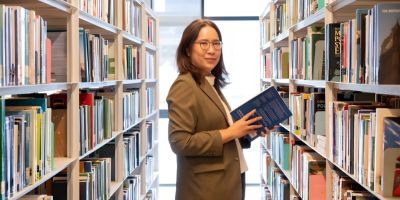What is the impact of Dominic Cummings’ claims about the government’s handling of the pandemic?
Dr Victoria Honeyman speaks to BBC Radio Leeds following the ‘explosive’ testimony of the Prime Minister’s former chief adviser in front of parliamentary committees.
Dr Honeyman, who is Associate Professor of British Politics, appeared on BBC Radio Leeds to discuss the testimony of Dominic Cummings at the joint session of the Commons Heath, and Science and Technology committees.
Dr Honeyman addressed two major aspects regarding Cummings’ seven hours of evidence given to MPs: what he said, and the impact the claims would have on Prime Minister Boris Johnson and his government.
She explained that, regarding the UK government’s handling of the Covid-19 pandemic, and the preparation measures taking place in early 2020, Cummings has “suggested in his evidence that the government has essentially been asleep at the wheel.”
Both Dr Honeyman and the host Rima Ahmed refer to the claims made by Dominic Cummings as “explosive”, and discuss how in his testimony Cummings said that, in his opinion, Health Secretary Matt Hancock should have been fired during the pandemic. Dr Honeyman explains that “one of the most important points is that he said over the summer he concluded, having seen him up close, that Boris Johnson was not fit to be Prime Minister.”
In assessing how damaging the allegations would be to Boris Johnson and his government, Dr Honeyman said this was “trickier. Because quite frankly there was an awful lot in [the testimony] that was absolutely devastating... But there is an argument that Dominic Cummings is not liked, he isn’t necessarily trusted.” Dr Honeyman explained that critics of Cummings would be able to use the former chief adviser’s highly publicised potential breaking of lockdown rules in 2020 to say that the testimony is unreliable.
Dr Honeyman said that it would be interesting to see what happens following Cummings’ claims, that “even if you don’t accept that Dominic Cummings is 100% accurate in his account, there’s so much information here that could potentially be corroborated or proven to be untrue.”
Listen to the full interview on BBC Radio Leeds (starts approximately 3:22:00)




